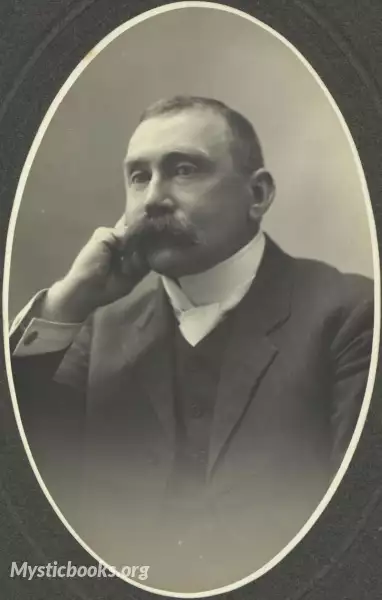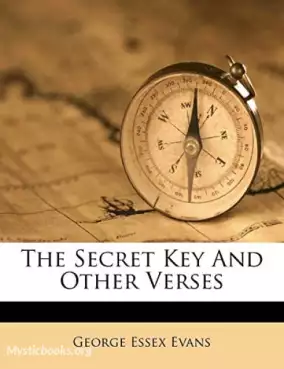
Timeline
Title
Country/Nationality
George Essex Evans
George Essex Evans was an Australian poet.
Essex Evans was born in London on 18 June 1863, to Welsh parents. His father, John Evans Q.C., Treasurer of the Inner Temple and a member of the House of Commons, died in 1864 when his son was only a few months old; he left his family £60,000. George Essex Evans was raised and educated by his mother Mary Ann (née Owen), who was one of the Bowens of Llwynwair, an old Welsh family. She was an educated woman, fluent in both Latin and Greek. The family lived in Haverfordwest in Pembrokeshire where Essex Evans attended Haverfordwest Grammar School and then the St. James Collegiate School of Jersey.
Essex Evans was partly deaf and although he was an excellent athlete, his tutors thought him "dull". His hearing impediment prevented him going into the armed forces.
In 1881, when Essex Evans was 17, the siblings J.B.O. (John Bowen Owen), Blanche Gough and Beatrice emigrated to Queensland, Australia, travelling first class on a journey around the Cape of Good Hope that lasted 65 days. Upon arrival in Queensland, the brothers bought some land in the Darling Downs with the intention of farming. Essex Evans, however, was badly injured in a horse riding accident, when he was thrown against a tree, and was unable to do any physical work. He represented Queensland in Rugby Union football, and also took part in athletic pursuits, competing in wrestling, running, and swimming.
Essex Evans's works were highly regarded during his career and for a time following his death. He was publicly praised by many acknowledged critics and political figures including William Archer, Sir Samuel Griffith, Alfred Deakin and Sir Henry Parkes.
His first volume of poetry, The Repentance of Magdalene Despar, was published in 1891. Between 1892 and 1897 Essex Evans was associated with Banjo Paterson and John Tighe Ryan in the production of the periodical The Antipodean, which appeared three times. In 1898 another collection of poetry, Loraine and other Verses, was published. In 1901 Evans won a prize of fifty guineas for his "Ode for Commonwealth Day". Although this ode was praised by the then Prime Minister, Alfred Deakin, it was criticised by his peers as trite.
The Secret Key and other Verses, which included part of the Loraine volume, was published in 1906. Essex Evans won a reputation in his own state of Queensland as the author of patriotic verse, as in "Cymru", and his bush ballads, such as "The Women of the West," were popular.
Essex Evans was a great advocate for the construction of a new road northward across the Australia and after falling ill in 1909 he became the first passenger to be transported over it when taken to hospital. The men working on the road were so overcome with sorrow for the poet who had worked hard to bring about the new road that they relieved the ambulance men of their duty.
Essex Evans died from complications arising from gallbladder surgery in 1909 at forty-six years of age. The news of his death was first delivered on the stage of the Austral Hall during the largest Austral Festival celebrations ever held. His death prompted an emergency meeting of the Austral Association Committee who, knowing that of all the titles Essex Evans held he was most proud of 'Founder of the Austral Association,' decided that the festival must continue. A series of emotional tributes to his impact on advancing the cause of Australian music, art and literature followed.
Books by George Essex Evans

The Secret Key, And Other Verses
Born in London of Welsh parents, George Essex Evans was raised and educated by his mother Mary Ann (née Owen) in Pembrokeshire after she was widowed when George was only a few months old. Emigrating to Queensland with his siblings to Australia at age...